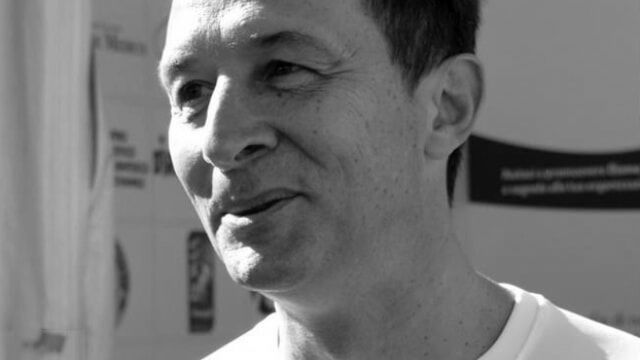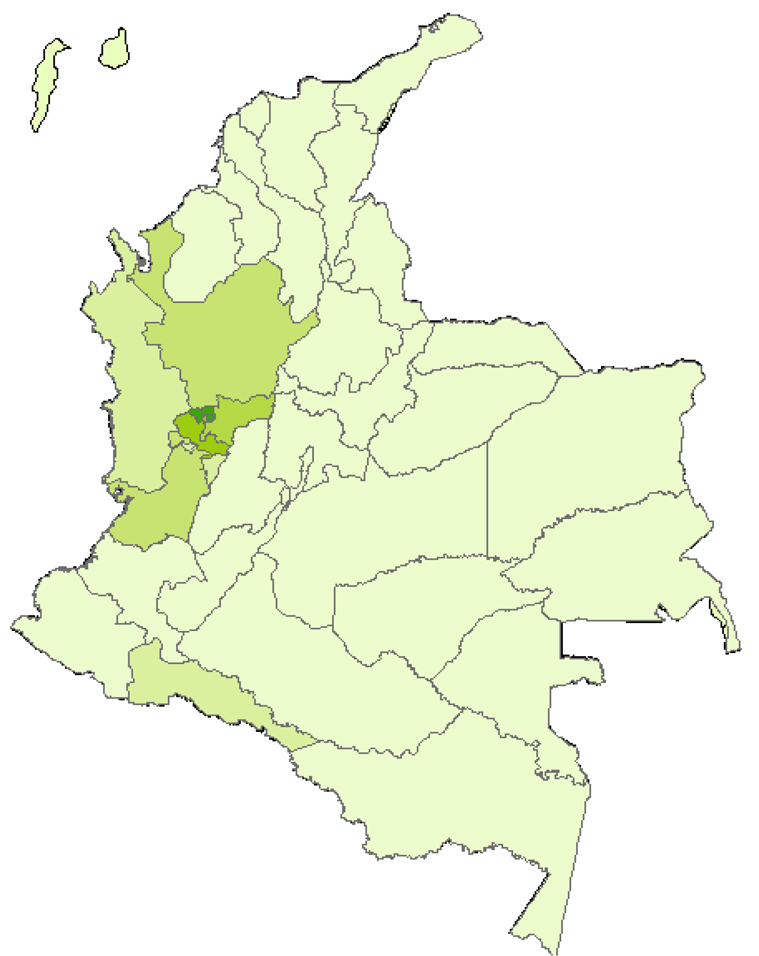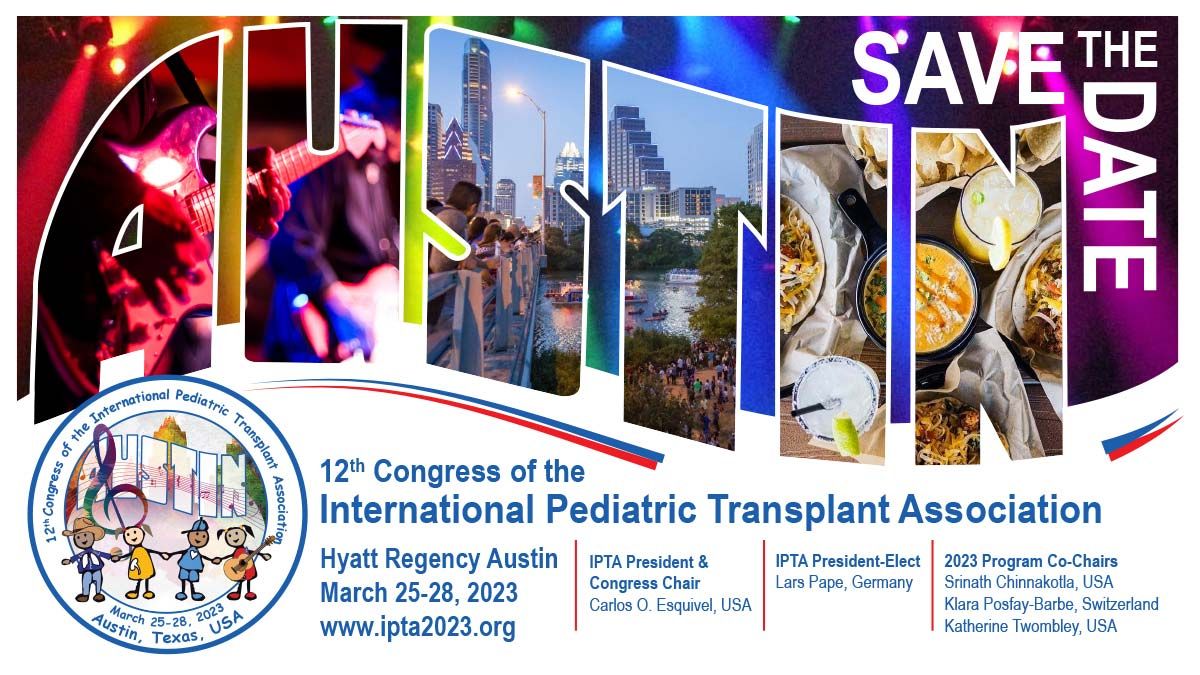
Luca Dello Strologo
1962-2022
Dear Colleagues,
We are sad to share the news that our friend and colleague Luca Dello Strologo has passed away peacefully this morning, 6th October 2022, after battling an illness for a long time.
As a Paediatric Nephrologist based at the Bambino Gesu Hospital in Rome, Italy he brought a lot of wisdom to the IPTA Council, which will be sorely missed.
Luca was renowned for building a very successful pediatric kidney transplant program at Bambino Gesu. He was devoted to his patients, and was a consummate educator, having trained many physicians in paediatric transplant nephrology. His passion for caring for children with kidney disease was shared with colleagues and centres in under-resourced countries.
We will miss him, and think of his family at this sad time. May his soul rest in peace.
On behalf of the IPTA Executive Council

 Dear IPTA Colleagues,
Dear IPTA Colleagues,
Are we coming out of the COVID pandemic? Thanks to vaccination, to new therapies and perhaps to herd immunity, and having therapies if we catch COVID, I think we are out of the pandemic, or at the very least, we have it under control!
With this summer’s sustained wave of COVID-19 infections continuing to decline in the USA, we are adjusting our pandemic-related health system measures in concordance with our state and county public health authorities. Masking is no longer mandatory except for working in the clinical settings. The stadiums are full and there is no need to show proof of vaccination to enter the country.
The only thing I am 100% sure of is that I felt so good to attend the meeting of the The Transplantation Society (TTS) in Buenos Aires in person. It was invigorating to mingle with friends and colleagues, listen to outstanding presentations that led to excellent back and forth discussions, but also to participate in social activities such as dining out, and even attending a superb performance of the Buenos Aires symphony in the majestic Teatro Colon! Enjoying life again! That was it!
We had an outstanding pre-congress workshop in pediatric solid organ transplantation. The presentations covered new clinical innovations such as doing kidney transplants without immunosuppression, using living donors for intestinal transplants, utilizing ECMO as a bridge to transplantation in those cases of primary graft nonfunction, but also ethical issues in pediatric transplantation among others. I want to thank all the speakers and moderators of the sessions. This workshop was very well received, and we are exploring possibilities for translation of the talks into Spanish.
With that in mind, I am very much looking forward to welcoming you to the 12th Congress of the International Pediatric Transplant Association, on March 25-28, 2023 in Austin, Texas. We selected Austin because the weather in March will be perfect. Austin has a reputation as a center for arts and culture, with a thriving live music scene (home of the famous South by Southwest festival, as well as more than 250 live music venues). Austin residents are proudly bohemian and pride themselves on keeping Austin magical, retaining a unique atmosphere, culture and ethos within the state. Austin is a city of history and is home to the state Capitol building, and yet is surrounded by nature, with hiking trails and both natural and man-made pools all within the city limits. Foodies are in for a treat with a range of restaurants at their fingertips, including barbecue, arguably the state’s signature dish.
We have an outstanding Scientific Program and Calendar of events scheduled and cannot wait to warmly welcome you. Please go to www.ipta2023.org to find out more. Early Bird registration ends on December 12th, so please take advantage of the lower rates available and register soon!
As ever, IPTA remains a very busy Society! We are thrilled to announce 2 winning center pairings for the IPTA Outreach Program. These are Hospital for Sick Children, Toronto, Canada twinned with Fundacion Cardiovascular de Colombia, who will work together to develop a pediatric thoracic transplant program, and UCLouvain, Brussels, Belgium, twinned with Hospital of St. Nicolaus, Lviv, Ukraine, who will work together on a pediatric liver transplant program. We congratulate all involved and wish both pairs the very best of luck in their endeavours.
Our IPTA Committees continue to work on various projects, developing statements and guidelines, as well as continuing to write manuscripts to submit to our journal, Pediatric Transplantation. We cannot do what we do without you, our members. There are always opportunities to become involved in the Society. We encourage you all to keep up to date on paying your dues! You can do this by following this link https://tts.org/ipta-members-area/ipta-subscriptions . Please also encourage your colleagues to join us! We have Associate, Full and Trainee memberships, as well as a discounted rate for Emerging Economies. Share this link widely! www.tts.org/ipta-members-area/ipta-join We will also soon be adding a new membership category for Student members – watch this space as we welcome the future of the Society!
See you all in Austin!
Yours respectfully,
Carlos O. Esquivel
IPTA President
Past Issues
IPTA Newsletters
- IPTA Newsletter - February 2026
- IPTA Newsletter - December 2025
- IPTA Newsletter - October 2025
- IPTA Newsletter - June 2025
- IPTA Newsletter - March 2025
- IPTA Newsletter - December 2024
- IPTA Newsletter - October 2024
- IPTA Newsletter - May 2024
- IPTA Newsletter - February 2024
- IPTA Newsletter - November 2023
- IPTA Newsletter - September 2023
- IPTA Newsletter - May 2023
- IPTA Newsletter - March 2023
- IPTA Newsletter - December 2022
- IPTA Newsletter - October 2022
- IPTA Newsletter - July 2022
- IPTA Newsletter - May 2022
- IPTA Newsletter - December 2021
- IPTA Newsletter - October 2021
- IPTA Newsletter - June 2021
- IPTA Newsletter - October 2020
- IPTA Newsletter - June 2020
- IPTA Newsletter - March 2020
- IPTA Newsletter - December 2019
- IPTA Newsletter - September 2019
- IPTA Newsletter - July 2019
- IPTA Newsletter - April 2019
- IPTA Newsletter - December 2018
- IPTA Newsletter - September 2018
- IPTA Newsletter - June 2018
- IPTA Newsletter - March 2018
- IPTA Newsletter - December 2017
- IPTA Newsletter - September 2017
- IPTA Newsletter - December 2016
- IPTA Newsletter - September 2016
Contact
Address
International Pediatric Transplant Association
c/o The Transplantation Society
740 Notre-Dame Ouest
Suite 1245
Montréal, QC, H3C 3X6
Canada













